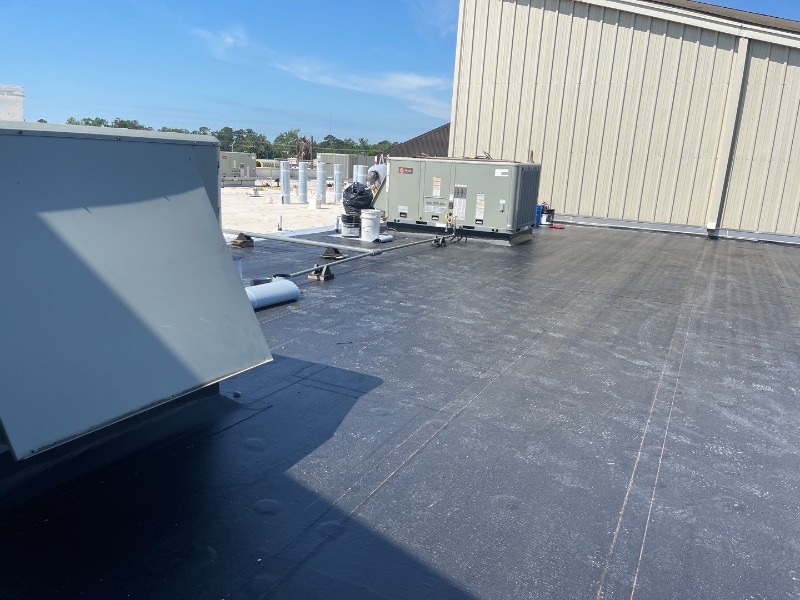
When it comes to roofing, one size definitely doesn't fit all. The type of roofing material you choose can greatly impact the longevity, durability, and aesthetics of your roof. With a wide array of options available, it's essential to understand the various types of roofing materials before embarking on your roofing project. In this blog post, we'll delve into some of the most popular types of roofing materials to help you make an informed decision.

- Asphalt Shingles: Asphalt shingles are the most common roofing material in the United States due to their affordability and ease of installation. They come in a variety of colors and styles, making them a versatile choice for both residential and commercial properties.
- Metal Roofing: Metal roofing has gained popularity in recent years due to its durability and energy efficiency. It is available in various materials, including steel, aluminum, and copper, offering excellent protection against the elements.
- Wood Shingles and Shakes: Wood shingles and shakes provide a rustic and charming look to a home. They are often chosen for their natural beauty and insulation properties, making them ideal for homes in moderate climates.
- Slate Roofing: Slate is a natural stone material that offers unmatched elegance and longevity. It is a premium choice known for its durability and resistance to fire and mold. While it's expensive, slate roofs can last for a century or more.
- Rubber Roofing: Rubber roofing, often made from recycled materials, is an eco-friendly and cost-effective option. It is easy to install and offers excellent waterproofing and insulation properties.
- Synthetic Roofing Materials: There are various synthetic roofing materials on the market, such as synthetic slate, wood, or clay. These materials mimic the look and feel of natural materials while providing added durability and reduced maintenance.
- Green Roofing: Green roofing involves planting vegetation on the roof, which not only enhances aesthetics but also provides environmental benefits, such as improved insulation and reduced stormwater runoff.
- Solar Roofing: Solar roofing integrates solar panels into the roofing material, allowing homeowners to harness the power of the sun and reduce energy costs while maintaining the roof's protective function.
>> Related Post: Why Roofing Software is the Future for Contractors
Each of these roofing materials has its unique advantages and considerations, so your choice should be based on your specific needs and preferences. It's also important to consult with a professional roofer to determine the best material for your geographic location and climate.
In conclusion, selecting the right roofing material is a crucial decision for your home or business. Consider factors such as cost, appearance, durability, and maintenance requirements when making your choice. By understanding the various types of roofing materials available, you can make an informed decision that ensures the long-term protection and beauty of your property. If you're in need of roofing services, be sure to contact RooferIntel for expert guidance and high-quality roofing solutions tailored to your unique needs.
Search


